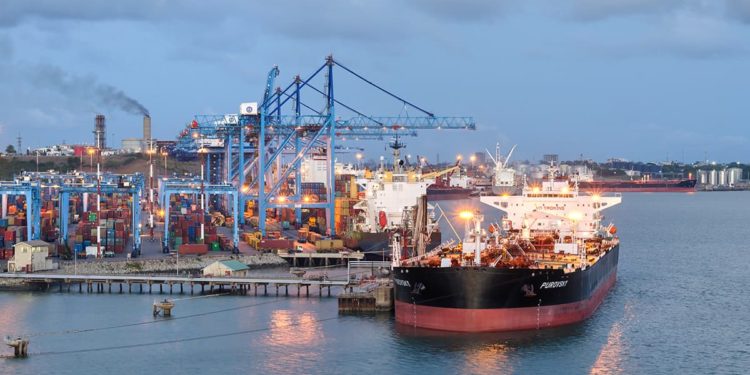In the evolving geopolitics of supply chains, Kenya finds itself at a pivotal juncture, poised to leverage its strategic location and growing economic significance in East Africa. The global shift towards diversification, away from over-reliance on single manufacturing hubs like China, presents a unique opportunity for Kenya to establish itself as a vital link in the “China plus many” supply chain model.
Kenya’s advantages lie in its strategic position along major trade routes, particularly through the port of Mombasa, one of the busiest and most efficient ports in Africa. This gives the country a competitive edge as a gateway to the region, facilitating trade with landlocked neighbors like Uganda, Rwanda, and South Sudan. Additionally, the government’s commitment to infrastructure development, exemplified by the Standard Gauge Railway (SGR) project, has enhanced logistics networks, making it easier for businesses to transport goods.
Kenya’s young and dynamic workforce is another critical asset. With approximately 75.0% of its population under the age of 35, the country offers a labor pool that is not only abundant but also increasingly skilled, thanks to government initiatives focusing on technical and vocational training. However, challenges remain, particularly in productivity and the need to further align education with industry needs.
Climate resilience is emerging as a crucial factor for countries vying for a share in global manufacturing. Kenya’s significant investments in renewable energy, particularly geothermal and wind power, position it as a leader in sustainable development. Yet, the country must also address vulnerabilities such as drought and water scarcity, which can disrupt agriculture-based supply chains and industrial processes.
For Kenya to capitalize on the global supply chain reshuffling, it must navigate its regulatory landscape carefully. Investors often cite bureaucratic hurdles and inconsistent enforcement of laws as deterrents. Strengthening institutions and streamlining processes will be essential to attract and retain foreign direct investment.
As global firms seek to de-risk and diversify, Kenya has the potential to emerge as a manufacturing and logistics hub for Africa. By addressing its challenges and building on its strengths, the country can play a central role in shaping the future of supply chains in a multipolar world.
















